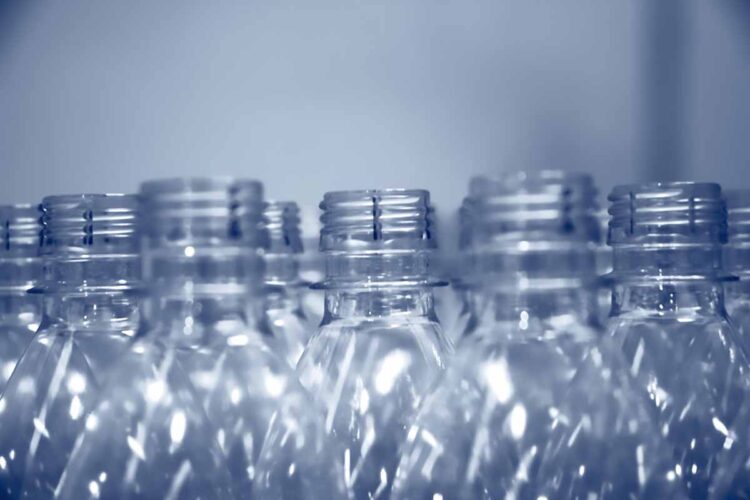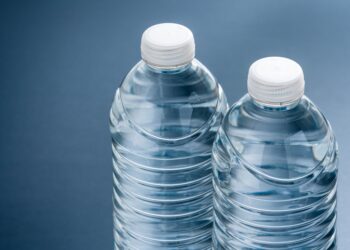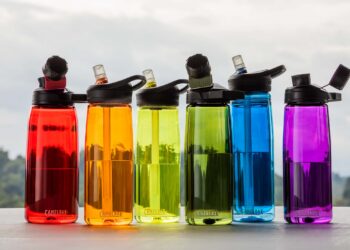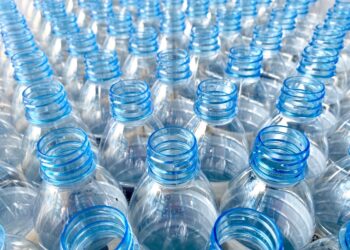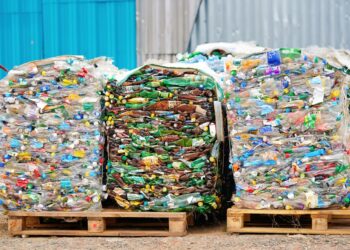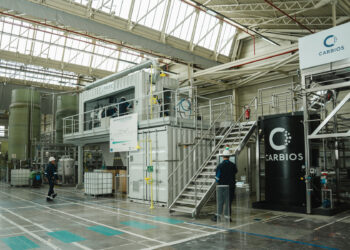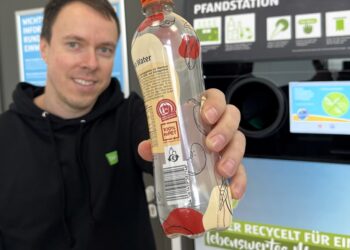Key takeaways
- Eastman PepsiCo offtake volumes delayed into 2026
- Kingsport facility “stretching” capacity amid Texas delay
- Indorama expects polyester weakness to continue into 2026
Tennessee-headquartered Eastman expects to meet contractual volume requirements with capacity expansions at its flagship PET recycling plant in Kingsport while deciding how to proceed with a second US facility, CEO Mark Costa said during a recent quarterly earnings call.
Since delaying construction on a second US methanolysis plant, planned for Longview, Texas, Eastman has focused its attention on increasing production capacity at Kingsport via debottlenecking. Calling a 30% expansion “very feasible,” Costa said work would take place over a series of planned outages. In addition, new capacity for the Tritan resin line enables the company to use a few existing production lines to produce RPET as needed.
“Stretching” the Kingsport facility will allow Eastman to identify efficiencies for the second plant, while still meeting its contractual volume obligations. Costa declined to provide specifics on timing for the Longview project: “Hopefully, we’ll have more to say in January.”
PepsiCo volumes shifting to 2026
The project was anchored by a long-term offtake agreement from PepsiCo. Earlier this year, the global beverage giant reduced its PCR goals and extended the target date for hitting them.
He referred to “restructuring” the Pepsi contract, “a very important foundational baseload contract to give us confidence in building the second plant.” However, he noted that the agreement is “sufficient to baseload a second plant at 100,000 tons of scale, which is similar to the one we currently have built here.”
Although the Pepsi contract was “obviously designed around when that second plant would start, which is obviously even back then a couple of years out,” Costa said Eastman was working with Pepsi to delay starting delivery of contractual RPET volumes until 2026.
Even so, Costa maintained that the Kingsport plant could reliably handle the contracted volumes for Pepsi, especially given the planned 30% capacity expansions. US PET recyclers have been hit hard as domestic brand owners reportedly have opted for cheap imported resin from Asia to balance PCR commitments with profit margins.
Packaging vs durables
Eastman previously shared its strategy of expanding its recycled resin offerings from durable goods using copolymers to include RPET used in packaging applications. However, amid persistently soft macroeconomic fundamentals, the company has seen slower-than-expected progress in launches of consumer durables containing PCR, Costa said, adding that “a lot of the Renew content goes in our specialty Tritan products.”
But regardless of whether the recycled resin is used in durable goods or in packaging, the share of PCR will vary depending on corporate goals, with Costa estimating that for now most would aim for 50% to 75% PCR, with some outliers both above and below those markers.
“But it’s really evolving,” he said, adding that the share of PCR likely will remain on the low end “when the economy is as stressed as it is, because there’s a premium they’re paying for it, but they want to make progress on their goals” and will ramp up levels when the economics improve.
He noted that Eastman expects “a very significant step-up in volume to go a good distance in filling up” the existing and future capacity, adding that brand commitments are close to complete.
Durable goods incorporating recycled resin often offer a value proposition of a premium product, but ultimately demand depends on a “consumer actually being there to buy it,” Costa said. He added that home sales trigger consumer durables purchases, and pointed to a soft housing market globally.
Even so, Eastman still has more than 100 customers, and only one has canceled its commitment to Renew volumes, Costa said. He added that once economic conditions stabilize, pent-up demand should rebound for appliances and other consumer durables.
“I mean, the brands, if they’re really not interested, they cut the orders, and they’re not doing that.”
Indorama offers view from across the Pacific
Thailand-based PET producer Indorama Ventures reported a 33% year-on-year decline in Q3 EBITDA earnings, down to $285 million. Sales volumes dropped by 9% due to “profound long-term shifts in the global industry” that included high energy prices in Europe and a wide disparity for feedstock pricing between eastern and western regions.
Looking ahead, Indorama expects polyester sector earnings in 2025 and 2026 to be weaker, “driven by unresolved tariff negotiations and fractured supply chains,” according to a Nov. 13 press release.
As such, “management’s decisive ‘self-help’ actions” to minimize losses included closing the company’s Montreal PTA plant, which produced a key intermediate chemical for virgin PET.
“The global chemical industry is grappling with record overcapacity and subdued demand amid a prolonged period of unprecedented macro-economic shifts marked by geopolitical tension, technological advances, changing consumer behaviour, and environmental factors, leading to a new world order for chemical markets,” the company said.
CEO Aloke Lohia added that as global supply and demand rebalanced over the next 12 to 24 months, he believed the industry would see “a host of mergers and partnerships.”
Echoing Eastman’s comments about pent-up demand resulting in a rebound, Lohia said Indorama hoped “there is delayed consumption in the same way we saw for travel after the Covid epidemic.”













